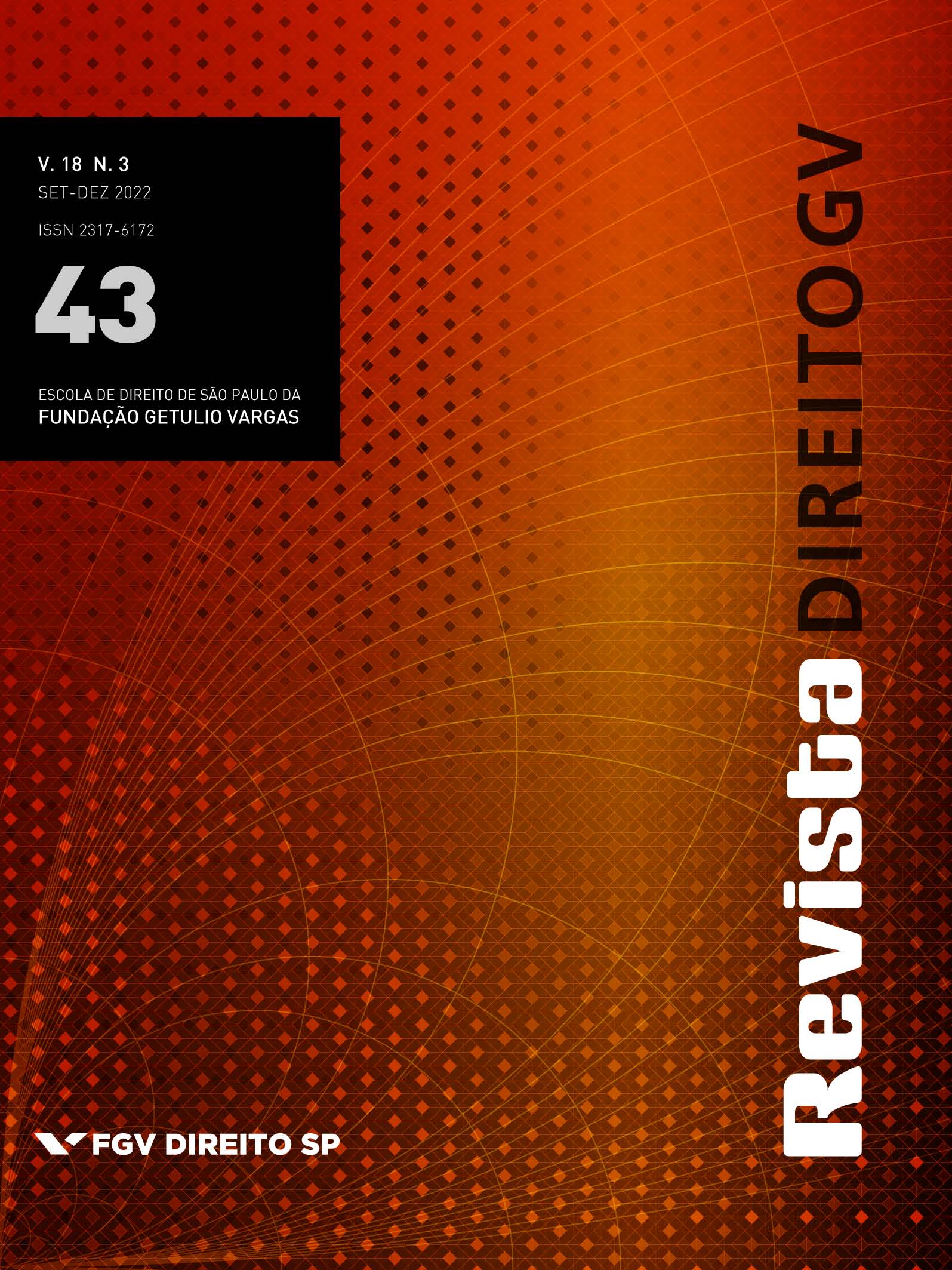Judicial Precedents: A Jurimetric Analysis in The Court of Justice of Ceará
Keywords:
Precedents, coherence, binding force, Brazilian model, jurimetricsAbstract
The article aims to investigate the current operation of the Brazilian judicial precedents model, consolidated by the Civil Procedure Code of 2015, especially if the mechanism of vertical judgment through repetitive cases in higher courts has been effectively producing greater coherence and agility to the judicial system. The study involves the application of qualitative and quantitative methodologies in the investigation of privileged spaces of observation in the Court of Justice of Ceará (TJCE): the System of the Precedent Management Center (SISNUGEP) and in the observation of the work of application of this model of precedents by the judges. Based on a jurimetric study, an analysis is made of the cases in progress related to themes 766 and 1038, of the Superior Court of Justice (STJ). It is concluded from the analysis of the sample extracted by the Brazilian Association of Jurimetrics that, within the scope of the TJCE, the vertical establishment of theses by the STJ is not necessarily having repercussions on the existing local proceedings on the same theme, whether in relation to the order of national suspension or in actual judgments. It is proposed, consequently, a reflection on this hierarchical model of precedents and its effective results in the reality of the functioning of the Judiciary.


